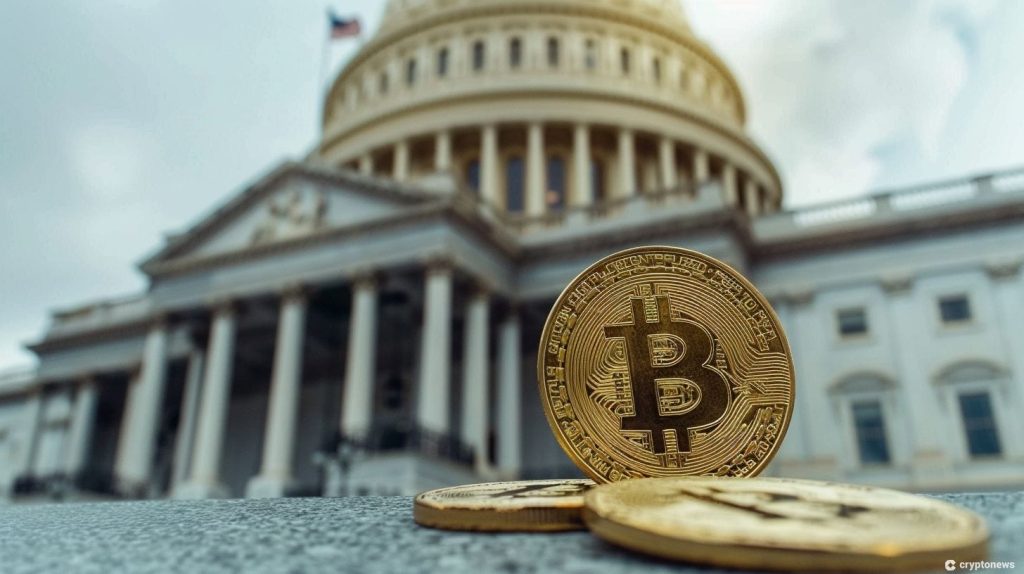SEC Chair Gary Gensler recently criticized the Financial Innovation and Technology for the 21st Century Act (FIT21) ahead of the expected vote in the House. Gensler argued that the bill would create new regulatory gaps and undermine established oversight of investment contracts, posing risks to investors and capital markets. He expressed concerns that FIT21 would allow crypto operators to self-certify their products and not comply with existing securities laws, leading to failures, frauds, and bankruptcies within the industry. Gensler emphasized the need to protect investors over facilitating business models of non-compliant firms.
Gensler’s remarks come at a time when there is increased momentum for crypto regulation on Capitol Hill, indicating potential pushback from U.S. lawmakers against the SEC’s current regulatory approach to digital assets. Congress recently voted on a resolution to overturn the SEC’s controversial crypto accounting guidance, known as SAB121, with Senator Cynthia Lummis calling it a win for financial innovation and a rejection of the Biden administration’s and Gensler’s treatment of crypto. Gensler has faced criticism from key players in the crypto space, with Ripple’s Chief Legal Officer Stuart Alderoty questioning his leadership of the SEC in the ongoing legal battle over the sale of cryptocurrency XRP.
If FIT21 is passed by U.S. lawmakers, it would signify the government’s first successful attempt at implementing a regulatory framework for crypto and a rebuke of Gensler’s handling of digital assets. The bill could also indicate a shift in regulatory approach towards crypto within the SEC. Gensler has been accused of overplaying his hand and underestimating the resilience of the crypto industry, leading to his current political challenges and diminishing support from Congress. His criticism of the bill highlights the ongoing debate surrounding the regulation of digital assets and the need for a balanced approach that protects investors while promoting innovation in the sector.
The debate over FIT21 and Gensler’s comments reflect broader discussions within the financial and regulatory communities about the future of crypto regulation in the United States. The bill’s potential impact on investment contracts, securities laws, and market stability has sparked intense debate and highlighted the complexity of regulating a rapidly evolving industry. As lawmakers consider the implications of FIT21 and other regulatory initiatives, the balance between protecting investors and fostering innovation will continue to be a key consideration in shaping the future of crypto regulation in the U.S.
Overall, Gensler’s criticism of FIT21 and the broader discussions around crypto regulation underscore the challenges and opportunities associated with regulating digital assets in a rapidly changing financial landscape. The outcome of the House vote on FIT21 and the ensuing regulatory framework will have significant implications for the crypto industry, investors, and capital markets, shaping the future regulatory environment for digital assets in the U.S. as Congress continues to grapple with the complexities of this evolving sector.













